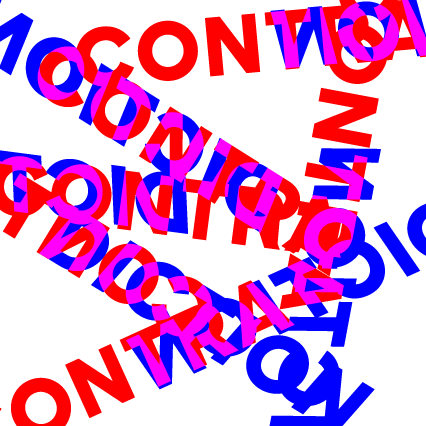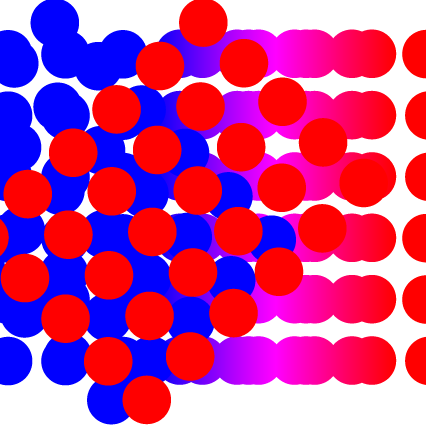Vorträge
Vergangene Termine
-
 Globale Ummah? – Zugehörigkeit und Grenzziehungen in muslimischen Online-Magazinen
Globale Ummah? – Zugehörigkeit und Grenzziehungen in muslimischen Online-Magazinen
-
 Romuvas Kampf um die rechtliche Anerkennung als Religion im unabhängigen Litauen
Romuvas Kampf um die rechtliche Anerkennung als Religion im unabhängigen Litauen
-
 Globale Pampa – Wie das Grabtuch Christi ins Taubertal kam
Globale Pampa – Wie das Grabtuch Christi ins Taubertal kamIm Rahmen des Kickoff-Workshop des WoC-Labs „Religion glokal“
-
 „Das muss eine Demokratie aushalten“: Eine feministische Problematisierung des Aushalten-Könnens von ‚Ungewissheit und Widerspruch‘
„Das muss eine Demokratie aushalten“: Eine feministische Problematisierung des Aushalten-Könnens von ‚Ungewissheit und Widerspruch‘des Panel Verunsicherung einer ’natürlichen‘ Ordnung. (Queer-)feministische Un/Gewissheiten beim Kongress Politische Theorie in Zeiten der Unsicherheit.
-
 Unsicherheit im Herzen der Herstellungspraxen naturalisierter Ordnungen – Race und trans* als fundierende Kategorien in der Sexualhormonforschung
Unsicherheit im Herzen der Herstellungspraxen naturalisierter Ordnungen – Race und trans* als fundierende Kategorien in der SexualhormonforschungPanel 5: Uncertainty of a ‚Natural‘ Order. (Queer) Feminist Uncertainties/Certainties at the Congress Politische Theorie in Zeiten der Unisicherheit, U Bremen 2023.
-
 „Das muss eine Demokratin aushalten können“: Eine Problematisierung des Aushalten-Könnens im Dialog mit feministischen Perspektiven auf Sorge/Care
„Das muss eine Demokratin aushalten können“: Eine Problematisierung des Aushalten-Könnens im Dialog mit feministischen Perspektiven auf Sorge/Care
-
 The Truth of Politics. On the Epistemization of the Protests against the German Corona Policy
The Truth of Politics. On the Epistemization of the Protests against the German Corona Policy
-
 Ethnografie als Methode (in) der Rechtswissenschaft
Ethnografie als Methode (in) der Rechtswissenschaft
-
 Performing and Withstanding Contradictions or: an Uneasy Hunch
Performing and Withstanding Contradictions or: an Uneasy Hunch
-
 No Contradiction: True and Effective Knowledge
No Contradiction: True and Effective Knowledge